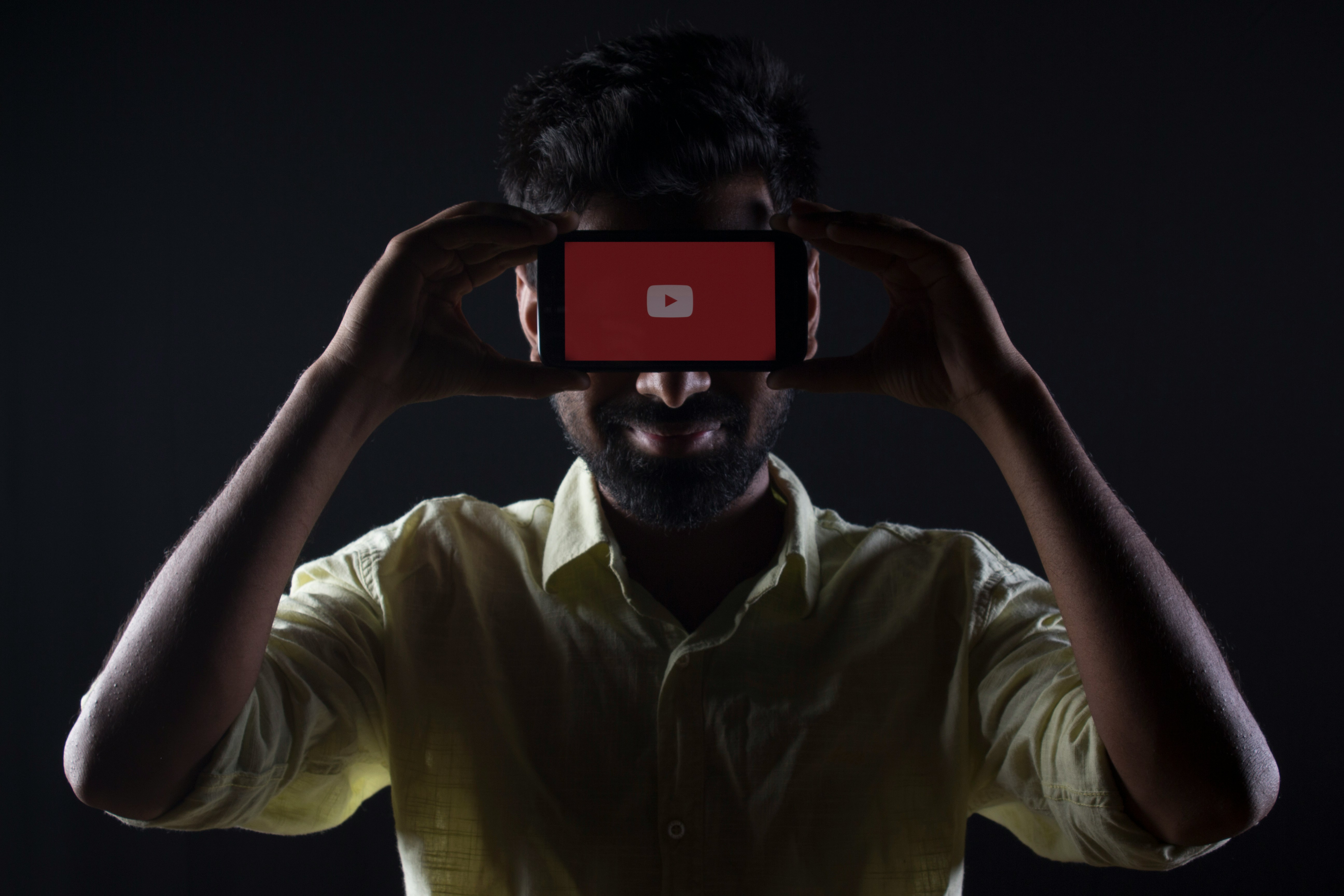"Dissecting the Influence of AI in the Modern Music Industry"
Introduction: Artificial Intelligence (AI) is no longer a far-off concept discussed in science fiction. It's a tangible reality, manifesting itself in various industries—including the arts. This article delves into the transformative influence of AI in the music industry—an unexplored territory that promises to redefine the future of creative expression.

The Dawn of AI in Music
AI’s presence in the music industry may seem like a recent development, but its roots trace back to the 1950s. The Illiac Suite, composed using computer algorithms in 1956, was the first substantial exploration of AI in music. However, the real turning point was the advent of the internet and machine learning in the late 20th century. The past two decades have seen a surge in AI’s application in music, from composing to production and distribution.
The AI Composers of Today
The rise of AI composers has revolutionized the way music is produced. AI systems like OpenAI’s MuseNet and Sony’s Flow Machines are capable of composing novel pieces across different genres and styles. While some argue that these AI creations lack the emotional depth of human-composed music, it’s undeniable that AI has opened up new avenues for musical exploration.
AI and Music Distribution
AI’s impact extends beyond music creation—it’s reshaping the way music is distributed and consumed. Streaming platforms use AI algorithms to curate personalized playlists, offering a unique user experience. Moreover, AI is used in music recognition apps, making it easier for listeners to identify and access their favorite songs.
The Debate: AI vs. Human Creativity
While AI’s involvement in the music industry has its advantages, it has sparked a debate about the essence of creativity. Critics argue that AI, despite its capabilities, cannot replicate the human touch—a blend of experiences, emotions, and cultural influences. However, proponents see AI as a tool that can enhance human creativity, not replace it.
Looking Ahead: The Future of AI in Music
As AI technology evolves, its role in the music industry is set to expand. From virtual reality concerts to AI music teachers, the potential applications are endless. However, it’s crucial to strike a balance—leveraging AI’s benefits while preserving the human element that makes music universally impactful.
The influence of AI in the music industry is a compelling narrative of innovation and change. While it poses challenges, it also presents opportunities for unprecedented growth and creativity. As we tune into the future, the symphony of AI and music promises to be an exciting performance, full of unexpected twists and harmonious high notes.




